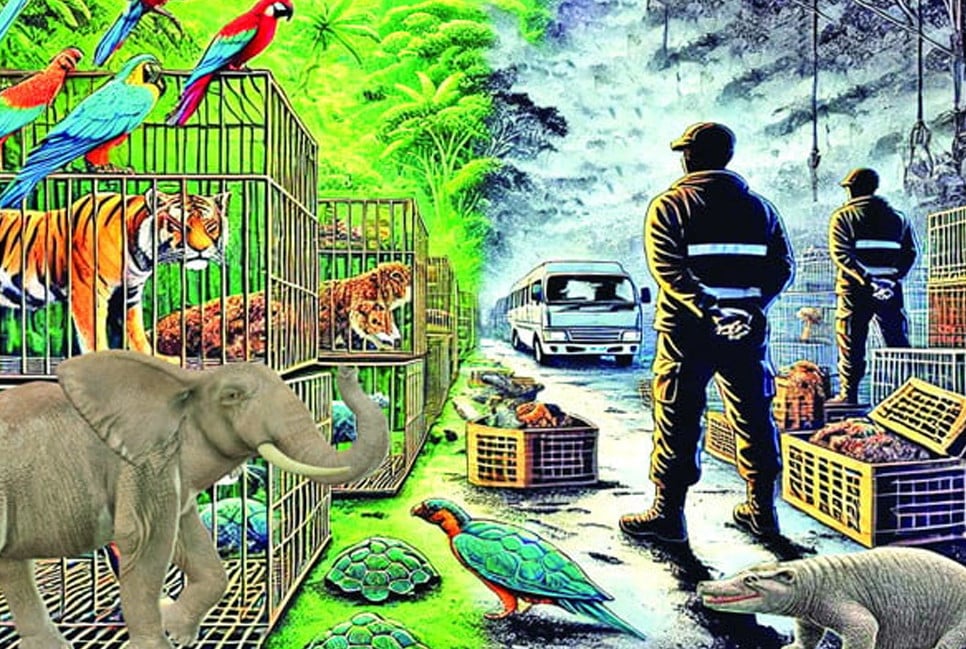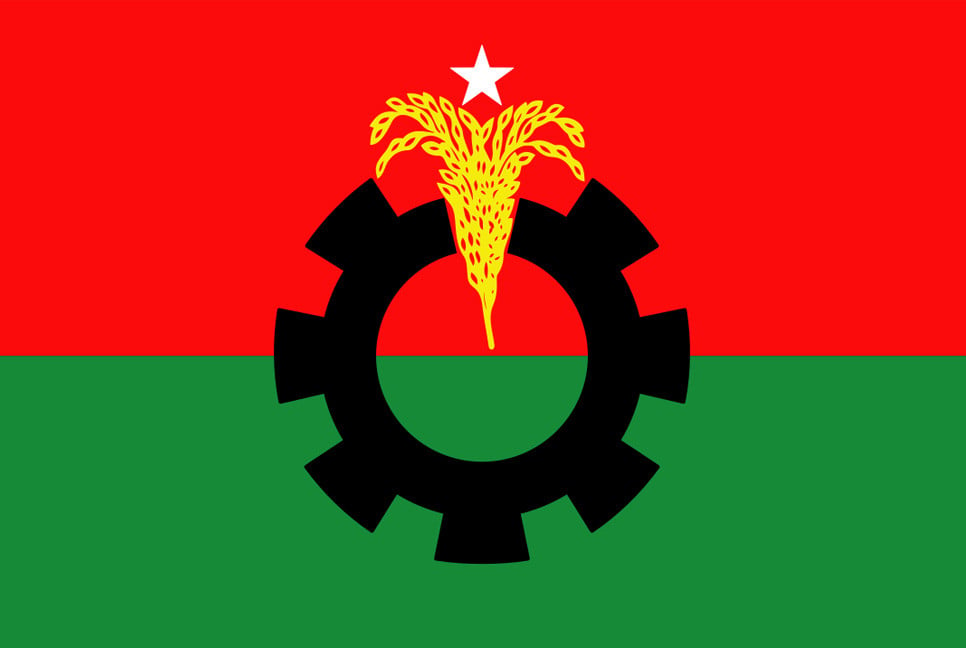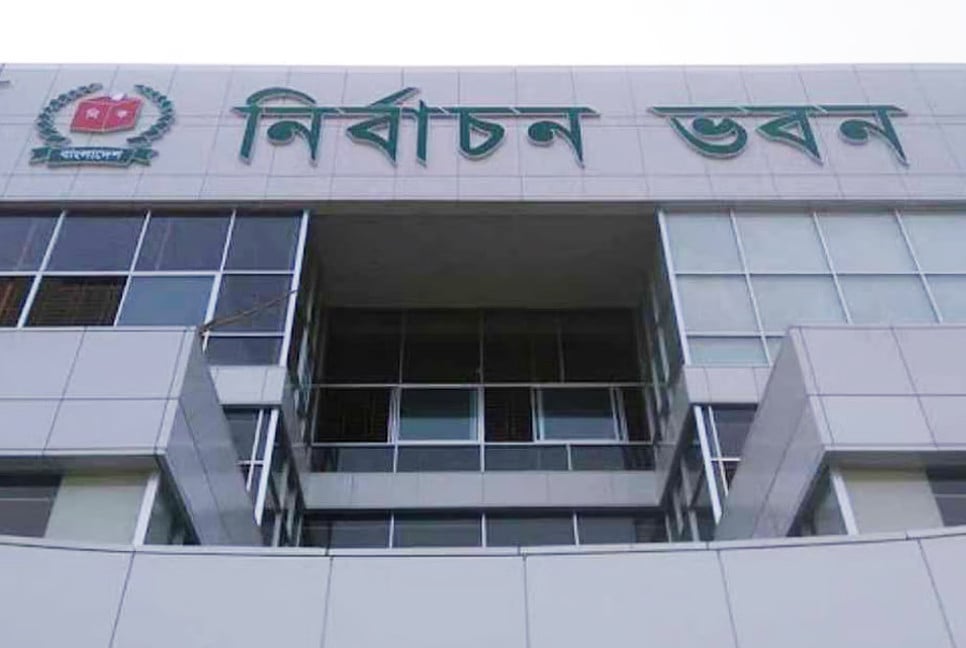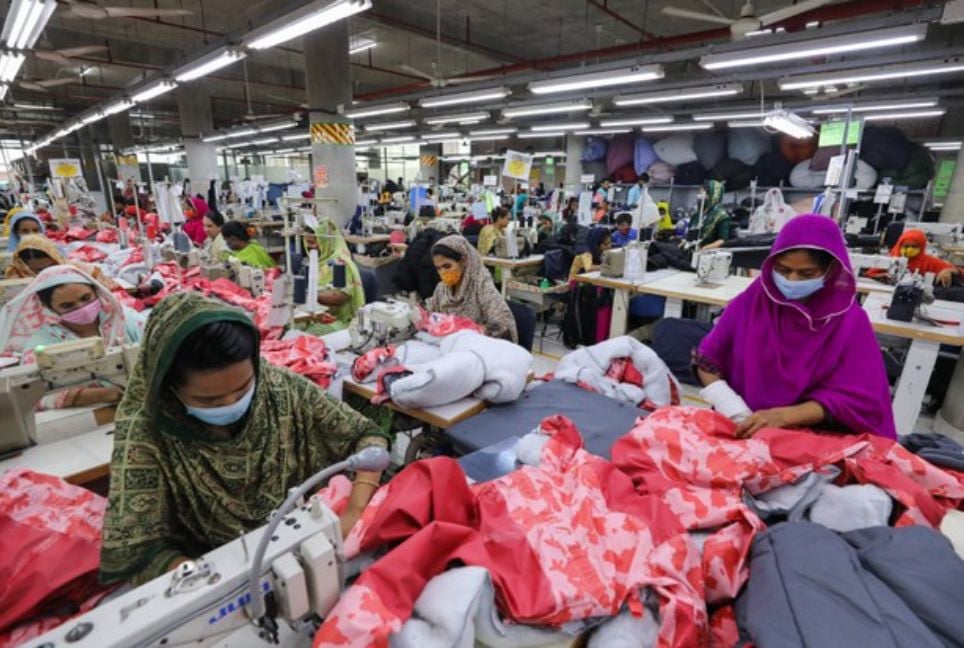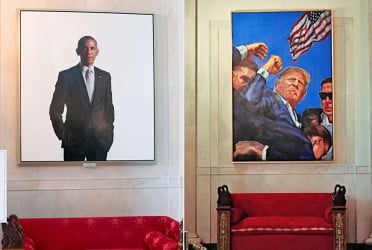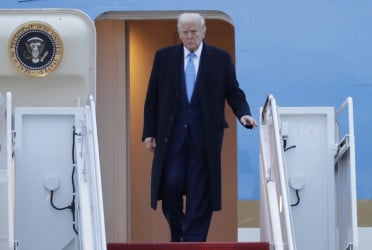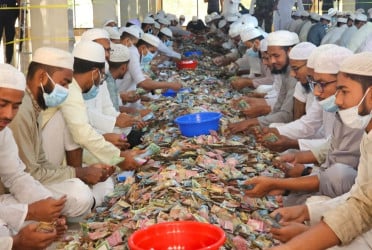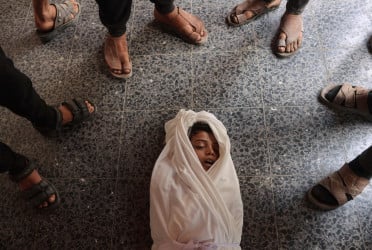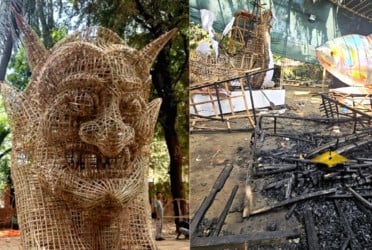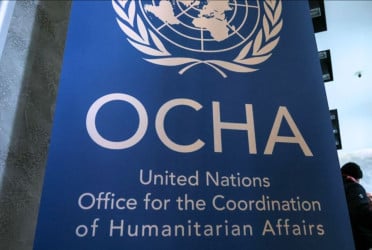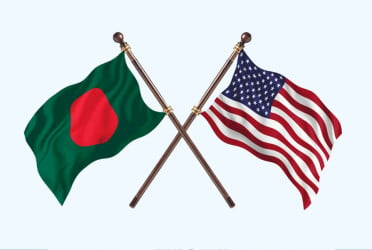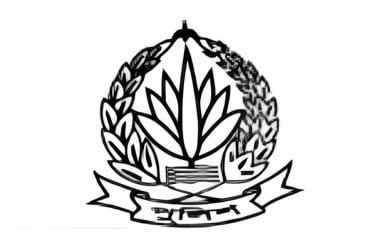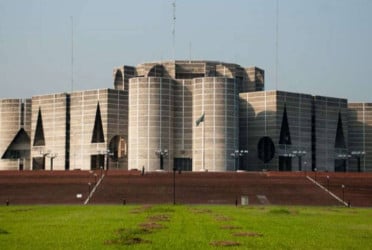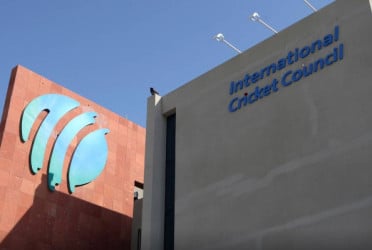Bangladesh has now turned into a 'crime corridor' for wildlife trafficking. The wildlife trafficking network in the country is now much more active than ever before. There are powerful syndicates in wildlife trafficking, and many are also committing this crime on individual scale. Wildlife trafficking or illegal trade is the third largest international crime in the world after drug and human trafficking.
Bangladesh Pratidin's investigation has revealed that various species of animals including crocodiles, elephants, langurs, gandhagokul, tortoises, pangolins, monkeys, and white-tailed deer deer are being trafficked from Bangladesh to neighboring countries and different countries around the world. Meanwhile, from January to November of this year, the Wildlife Crime Control Unit recovered a total of 1,527 wild animals. These animals were caught by traffickers for smuggling and illegal sale. These animals include foxes, wild cats, various species of snakes, squirrels, woodpeckers, fish cats, and crocodiles.
A study titled 'Illegal Wildlife Trade in Bangladesh and India: A Study of Comparative Law' found that trafficking rings smuggle animals like tigers and lions to India via Bangladesh to evade taxes based on demand in different countries of the world. Then, they are smuggled to various countries including India, Thailand, Malaysia, China, Singapore and others. In this case, Bangladesh is used as a 'crime corridor'. And using Bangladesh as a corridor, traffickers grab billions of dollars in business.
The study said that the issue of smuggling elephants and tigers across the border to other countries is at the center of interest of trafficking gangs. And people from small ethnic groups in the country are involved in these crimes. Apart from this, various body parts of several wild animals are used as ingredients in traditional medicines. Among these, animal fat, bile extract, meat, and bones are used as medicines. Again, those who are working as local, uneducated physicians in the country, also often use body parts of wild animals as their medicines. Recently, the case of poaching for medicinal purposes has already come to the fore.
Wildlife Crime Unit conducted a total of 1,726 operations in the country from 2020 to June 2023. From these operations, over 16,000 wild animals and 264 animal trophies (wild animal skins) were recovered. During this time, 33 cases were filed.
According to information available on the website of the Convention on International Trade in Endangered Species of Wild Fauna and Flora (CITES), several endangered birds are being imported from the world market and sold as pets in Bangladesh. These include the Great Green Macaw, Blue-throated Macaw, Hybrid Macaw, Military Macaw, Red Crowned Parakeet, and Golden Parakeet. CITES's observations show that many such birds are coming to Bangladesh from abroad that are banned for commercial use. The Wildlife Crime Control Unit officials told The Bangladesh Pratidin that those who are bringing birds from abroad are also bringing birds of other species because they are of the same species. Since they are not easily identified, these traders are misleading the concerned and bringing these endangered birds to the country. A survey report titled 'Exploring Market Based Wild Trade Dynamics in Bangladesh' by the University of Cambridge says that wildlife is being sold from Bangladesh to Thailand, Singapore, China, Malaysia, Vietnam, Laos and Myanmar among Asian countries. In addition to domestic species, wildlife animals from outside the country are sold in the hilly areas, forest areas near district towns and markets in the capital Dhaka. The report says that one-third of the main sale of wildlife species takes place in Chattogram. Some of it is sent outside the country and some is sent for sale in Dhaka. Usually, animals like Royal Bengal tiger, crocodile and leopard are sold as by-products. Twenty traders who participated in the survey said that it is dangerous to keep such animals alive in the market or at home for fear of being caught by law enforcement. Many locals sell the parts of these animals to use as medicine.
According to the concerned, the Wildlife Crime Control Unit prepares a list of districts where there are suspicious people involved in wildlife trade and trafficking and informs it to Interpol. Interpol sends that list to Bangladesh Police. Among them, if the police or the forest department suspects a person, their mobile phone is tracked and they are identified. Most of those involved in this crime in the country do it as a 'supporting business'.
Wildlife Crime Control Unit Director Md. Sanaul Patwari told The Bangladesh Pratidin yesterday that there are wildlife trafficking syndicates in the country and many are also involved in this work individually. However, those involved in the syndicate don’t engage in this work through the airport. They smuggle wildlife through the land border and coastal border to neighboring countries and China. The smuggled items include monkeys, slow-Loris mneys, Capped langur, and apes. Several wildlife species have been seized at Dhaka Shahjalal International Airport in the past year and a half.
(Translated by Lutful Hoque)

